Into the Extreme – Fold-Expressions -- Coral Kashri
 Fold expressions exist in C++ since C++17 and significantly affect how we treat variadic templates. Back in the day, I wrote about fold-expressions as part of the metaprogramming series, but today we will explore the extreme cases of fold-expression usages.
Fold expressions exist in C++ since C++17 and significantly affect how we treat variadic templates. Back in the day, I wrote about fold-expressions as part of the metaprogramming series, but today we will explore the extreme cases of fold-expression usages.
Into the Extreme – Fold-Expressions
by Coral Kashri
From the article:
In the case of a unary fold (fold expression without initialization), this case is legal for 3 types of operators:
&&,||, and,.Operator &&
template <typename ...Args> auto and_cond(Args... args) { return (args && ...); }In case of empty parameters (for the call
and_cond()), the function will returntrue. A reasonable explanation for this decision might be that&&operator requires there won’t be any part that evaluatesfalse. In this case, there are no parts at all, so none of the parts evaluatesfalse, and therefore the result should be...

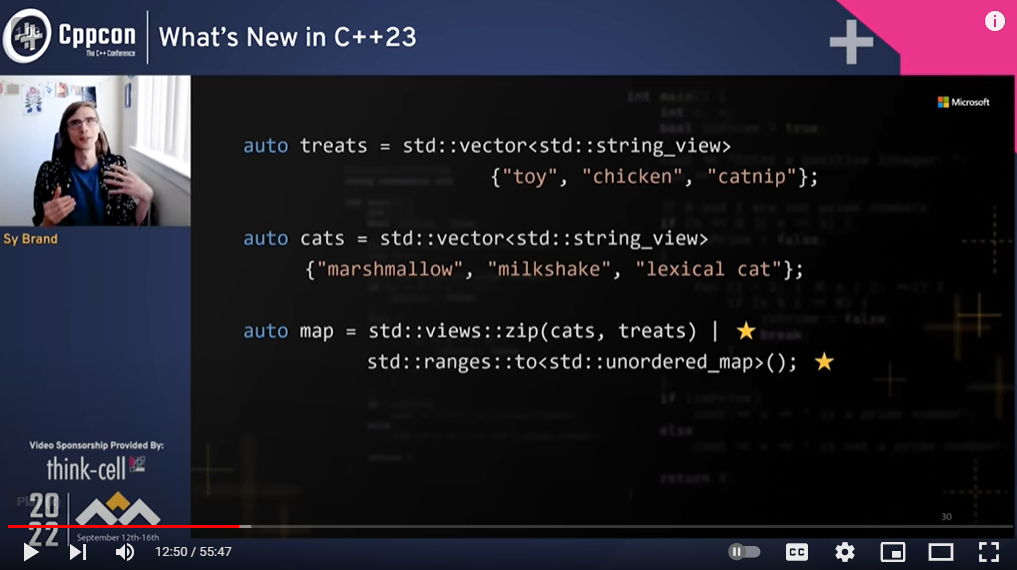 Registration is now open for CppCon 2023! The conference starts on October 1 and will be held
Registration is now open for CppCon 2023! The conference starts on October 1 and will be held 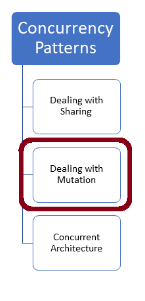 Locking is a straightforward idea to protect a critical section. A critical section is a section of code that, at most, one thread can use at any time.
Locking is a straightforward idea to protect a critical section. A critical section is a section of code that, at most, one thread can use at any time. Registration is now open for CppCon 2023! The conference starts on October 1 and will be held
Registration is now open for CppCon 2023! The conference starts on October 1 and will be held 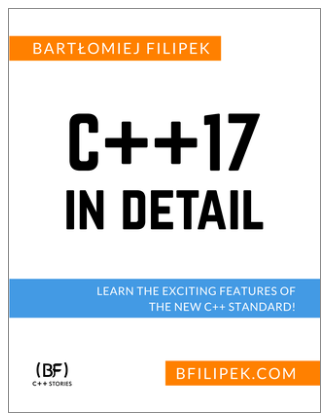 C++ allows us to declare various forms of non-local objects: they usually live throughout the execution of the whole program. In this article, we’ll look at global variables, dynamic, and thread-local objects. We’ll also consider new features for safe initialization C++20.
C++ allows us to declare various forms of non-local objects: they usually live throughout the execution of the whole program. In this article, we’ll look at global variables, dynamic, and thread-local objects. We’ll also consider new features for safe initialization C++20. Registration is now open for CppCon 2023! The conference starts on October 1 and will be held
Registration is now open for CppCon 2023! The conference starts on October 1 and will be held 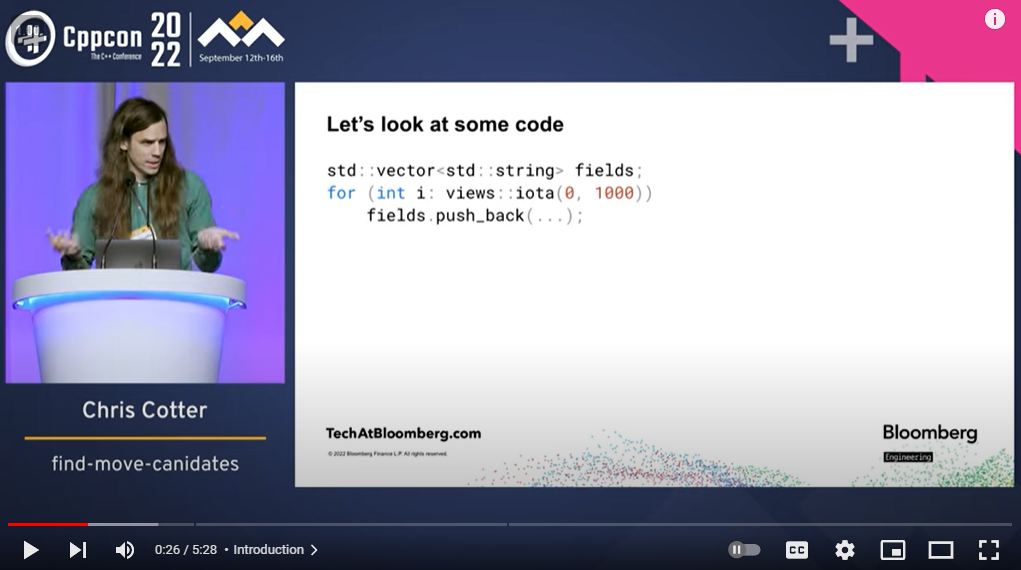 Registration is now open for CppCon 2023! The conference starts on October 1 and will be held
Registration is now open for CppCon 2023! The conference starts on October 1 and will be held 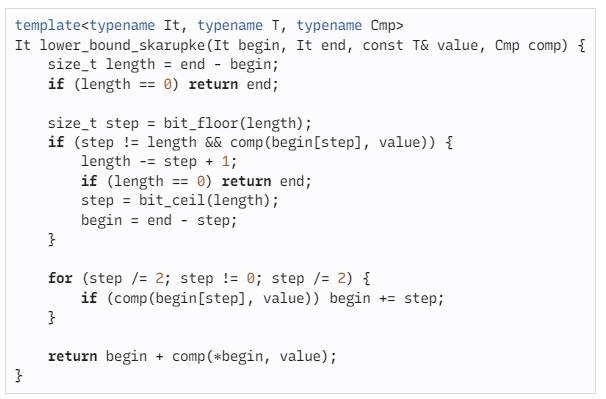
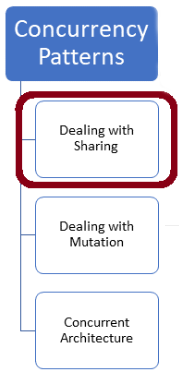 If you don’t share, no data races can happen. Not sharing means that your thread works on local variables. This can be achieved by copying the value, using thread-specific storage, or transferring the result of a thread to its associated future via a protected data channel.
If you don’t share, no data races can happen. Not sharing means that your thread works on local variables. This can be achieved by copying the value, using thread-specific storage, or transferring the result of a thread to its associated future via a protected data channel.